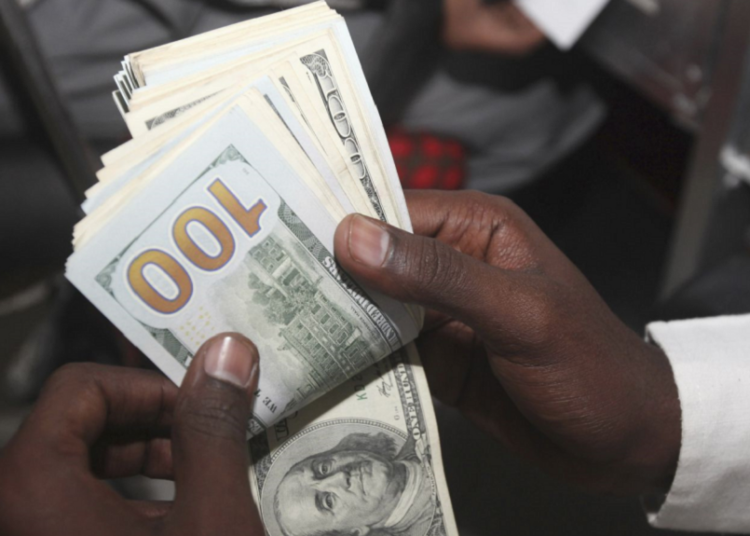Nigeria is at the forefront of cryptocurrency adoption in sub-Saharan Africa, propelling the region into a critical role in digital currency and financial technology innovation.
Recent data from blockchain research firm Chainalysis highlights significant growth in on-chain crypto activity within the region.
Between July 2023 and June 2024, sub-Saharan Africa saw an estimated $125 billion in cryptocurrency transactions, marking a $7.5 billion increase over the previous year.
However, this activity accounted for just 2.7 per cent of global crypto transaction volume, reflecting the region’s comparatively modest GDP, according to Chainalysis’ latest ‘2024 Geography of Crypto Report.’
Nigeria, in particular, is a major player in the global crypto scene.
Despite regulatory crackdowns, the country recorded an impressive $59 billion in crypto transactions during the period, placing it second worldwide.
Recall that, in 2024, government restrictions intensified, including directives to telecom companies to block access to crypto platforms and halt naira transactions on exchanges like Binance, authorities claimed these measures aimed to counter exchange rate manipulation and prevent illicit activities.
Even amid these challenges, Nigeria continues to lead in Africa’s crypto adoption, with Ethiopia, Kenya, and South Africa following in 26th, 28th, and 30th places globally, respectively. Chainalysis attributes this success to crypto’s real-world applications, such as business transactions, inflation hedging, and smaller, frequent payments.
As the COO and co-founder of Busha, Moyo Sodipo, noted, “People are starting to see the real-world utility of cryptocurrency, especially in day-to-day transactions, which is a shift from the earlier view of crypto as just a get-rich-quick scheme.”
He emphasised how crypto is increasingly used for routine transactions, such as paying bills, topping up mobile phone credit, and shopping, underscoring its growing role in Africa’s financial landscape.





